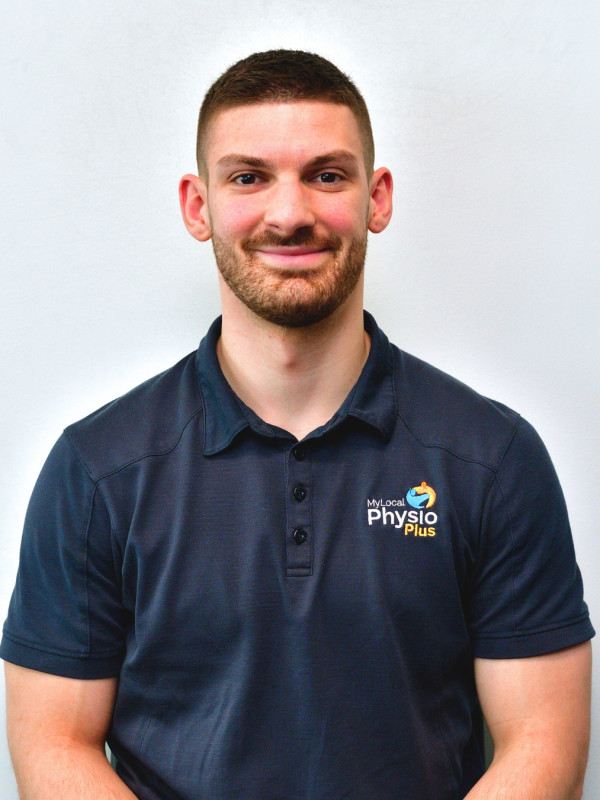Vertigo/ Dizziness
Do you feel like the room is spinning or swaying, especially when you roll over in bed or stand up too quickly? These sensations may be signs of vertigo, which often stems from disorders of the vestibular system. At My Local Physio Plus, our trained team offers expert Vestibular and Vertigo Physiotherapy to assess and manage these symptoms effectively.
What Is Vertigo?
Vertigo is the sensation that you or your surroundings are moving or spinning when you’re actually still. It can range from mild unsteadiness to severe, sudden dizziness, and it’s often accompanied by nausea, imbalance, or difficulty focusing.
One of the most common causes is Benign Paroxysmal Positional Vertigo (BPPV). This occurs when tiny crystals inside your inner ear move into the wrong position, causing your brain to receive inaccurate signals about your body’s position. Symptoms typically include:
- Brief, intense dizziness with head movement
- Feeling off-balance or swaying
- Nausea or motion sensitivity
Vestibular Physiotherapy techniques such as the Epley manoeuvre can often resolve BPPV quickly and effectively.
Our Physiotherapists provide a thorough assessment and tailor treatment plans that may include repositioning manoeuvres, balance retraining, gaze stability exercises, and home programs to continue recovery independently.
Don't let vertigo keep you off balance. Book a consultation today for your Vestibular and Vertigo Physiotherapy.
More Information
Inside the inner ear is a series of canals filled with fuid. These canals are at different angles. When the head is moved, the rolling of the fluid inside these canals tells the brain exactly how far, how fast and in what direction the head is moving.
The inner ear has fluid-filled canals at different angles that help the brain sense head movement. In BPPV, tiny calcium crystals (otoconia) from the inner ear can shift into these canals, disrupting fluid flow and balance signals. This is often due to sudden rapid head movements, injury or degeneration in the ear's balance structures, allowing these "ear rocks" to move out of place.
BPPV can be caused by:
- Head injury.
- Degeneration of the vestibular system in the inner ear due to increasing age.
- Damage caused by an inner ear disorder.
- Sudden rapid head movements (eg, rolling in bed too quickly)
However, in some cases BPPV may not be the cause of one’s dizziness/vertigo. It is important to determine the true cause of dizziness/vertigo through a Physiotherapy lead assessment which may involve a variety of questions and tests to determine the cause.
We can also treat:
- Vestibular Neuritis
- Peripheral Vestibular Hypofunction
- Vestibular Migraines
- Persistent Postural Perceptual Dizziness (PPPD)
- Meniere’s Disease
Book Online
Vertigo Physiotherapists

Ben Toffoli
Physiotherapist & Member of My Local Physio Sport



